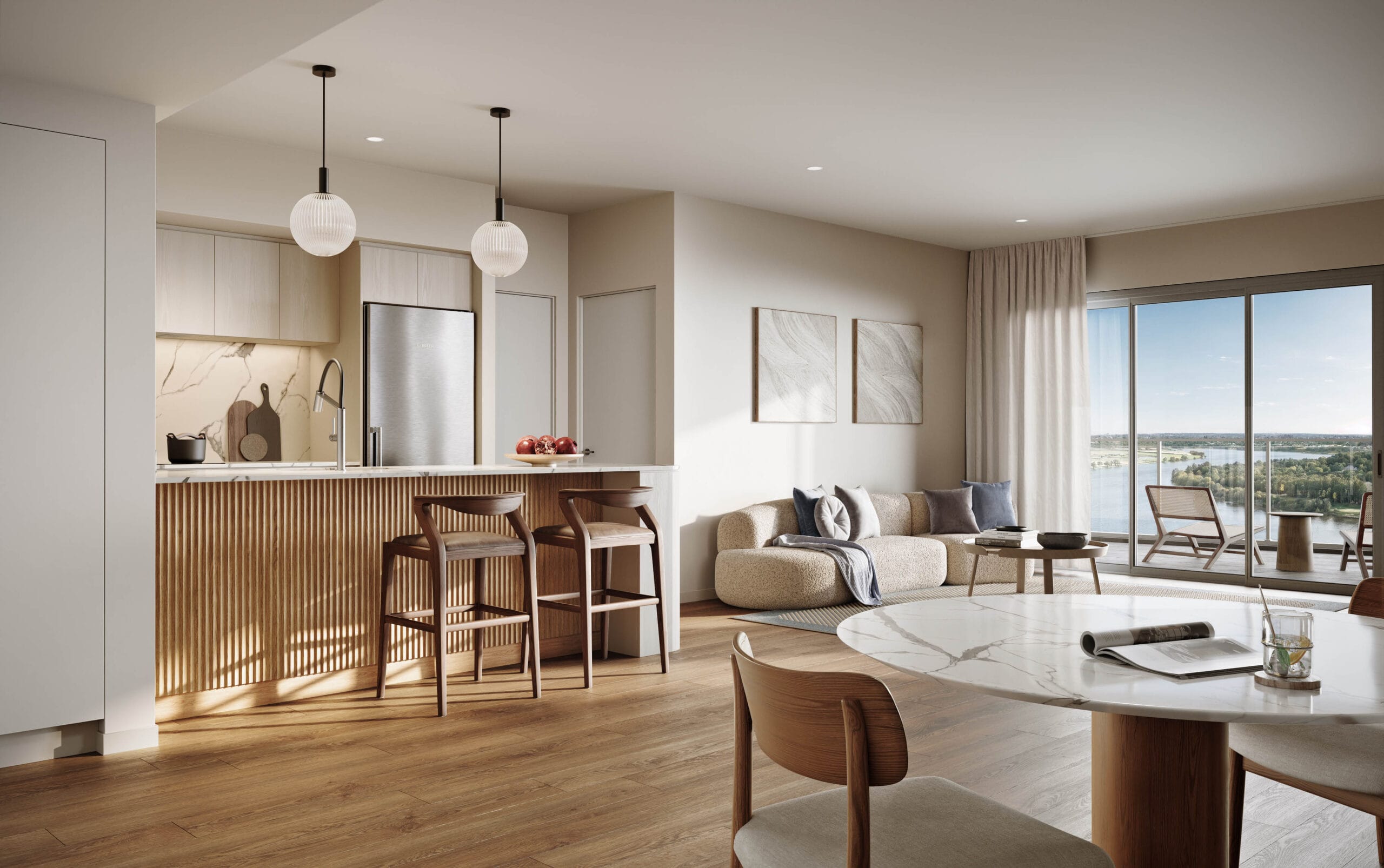Strata Fees vs Maintenance Costs: The Real Cost Equation of Apartment Investing


Although for many people, the idea of apartment living is an attractive alternative to a suburban home, there has been a large deterrent preventing more people from exploring this option: strata fees.
“Strata fees are too high” is a common refrain, but it often overlooks the unpredictable (and sometimes eye‑watering) costs of maintaining a standalone property.


Added costs like strata fees or levies can seem unnecessary for those used to buying or renting houses, like the majority of Perth, but for interstate or international migrants who are familiar with urban living, these fees are an easy investment in exchange for what they provide.
In apartments, residents are required to pay these fees and levies on an ongoing basis in order to help fund the building’s maintenance and upkeep. By doing so, the shared spaces and amenities these apartment developments offer can stay open and available, as well as ensuring crucial maintenance gets done in a timely manner. Cleaning services, gardening and electrical services all fall under this cost and are organised by the building manager.
When considering the strata fee costs on their own, many Western Australians dislike the idea of an ongoing payment to the body corporate after purchasing an apartment. What this doesn’t consider is that homeowners are wholly responsible for the upkeep and maintenance costs of any residence.
Roof or gutter maintenance, gardening, plumbing and other issues in a house all become the homeowner’s responsibility, either through spending time themselves working on the upkeep or paying out of pocket for professionals. Often, because of the inconvenience and expense, minor issues are procrastinated on until they become major issues, resulting in higher costs and larger repairs.
Homeowners also have to comply with council standards, which may demand a certain level of upkeep for gardens and outdoor maintenance.
For apartment owners, this responsibility belongs to the strata managers or body corporate managers, who use the regular payment of strata fees to organise electricians, gardeners, cleaners and others to fix problems before they become worse.
Knowing that you can come home to a clean, functional and well-maintained environment is understandably valuable to many people.
Additionally, the amenities that apartments offer, including swimming pools and saunas, private gym equipment, communal entertainment areas and garden space, are a unique benefit that most homebuyers usually pay extra for.


For example, hosting a large party or event in an apartment’s communal entertainment area is easier and cheaper than renting out a space and reduces the cleanup you have when held in a private house.
The proximity of stores and services when living in an apartment is also an added benefit. Supermarkets, cafes, restaurants and other useful businesses often occupy the ground floor or neighbouring buildings of apartments, and public transport and utilities like bike sheds provide convenient options for residents to get around without having to rely on a car for every errand. An increase in immigration to WA, as well as first-home buyers and older couples downsizing, will see more and more people looking at apartments as an affordable and convenient option.
Although strata fees are required for this type of residence, having a known, set cost for maintenance is easier to budget for and manage on an ongoing basis instead of being surprised with an urgent and costly bill for an unexpected problem.
At Finbar, WA’s largest and most trusted apartment developer, we’ve spent three decades designing apartment buildings that strike the right balance between lifestyle and longevity. From efficient systems that lower running costs to amenities that tenants actually use, our developments are built with both residents and investors in mind, ensuring strata fees deliver real, long-term value.
Stata Fees | FAQs
Are high strata fees always bad? No — if they fund amenities that lift rents, reduce vacancy and maintain the building, they can support higher long-term returns.
How can I assess if strata fees are reasonable for a building? Compare the fees to similar properties with comparable amenities.
Is it easier to budget for apartments or houses? Apartments offer more cost predictability, with strata fees covering most shared expenses. Houses may have fewer regular fees but are exposed to large, irregular maintenance shocks.
Can strata fees be claimed as a tax deduction? You may be able to claim a deduction for body corporate fees and charges you pay, provided your property is rented or genuinely available for rent. Always confirm with your accountant or check with the ATO before claiming deductions.
If you’re interested in investing in a Perth apartment, look no further than WA’s largest and most trusted developer, Finbar. With 30 years on the ASX, 79 completed developments and 7,400+ apartments delivered to the Western Australian market, Finbar isn’t just a developer; they’re a part of the city’s foundation.
Any information or advice is intended to be of a general nature only and has been prepared without taking into account any person’s particular objectives, financial situation or needs. You should make your own enquiries and consider whether the advice is appropriate for you.


